A fair election is the cornerstone of democracy
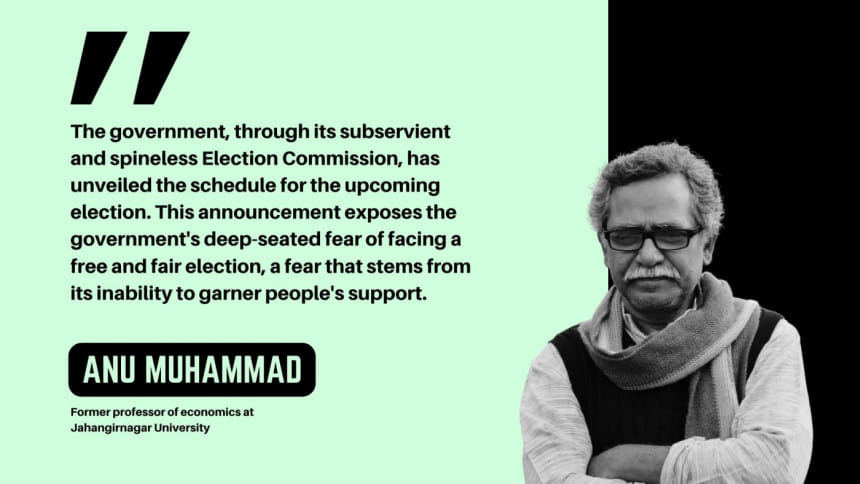
The democratic process hinges on the fundamental principle that an elected government will uphold the integrity of power transfer through credible elections. The current government asserts its legitimacy as an "elected body," thereby pre-emptively invalidating concerns about the credibility of the upcoming national election. This stance is problematic for two reasons. Firstly, the legitimacy of this government is questionable in the first place. While it secured a landslide victory in the 2008 election, its subsequent victories in 2014 and 2018 are widely regarded as lacking credibility. Therefore, the government's term effectively expired in 2014. Secondly, there is no historical precedent for a ruling political party conducting a universally accepted free and fair election in Bangladesh. Attempts by HM Ershad in 1988, BNP in 1996, and the Awami League in 2014 and 2018 all failed to meet the minimum standards of electoral integrity. Consequently, the assumption that the current ruling party can conduct a credible election is unsubstantiated.
The current situation in Bangladesh is fraught with danger. When a government seeks to retain power without the consent of the people and circumvent the electoral process, it resorts to measures that bring devastating costs for the nation. One such consequence is the emasculation of essential institutions, such as the Election Commission, the Human Rights Commission, the Anti-Corruption Commission, and universities, rendering them subservient to party interests. To keep its grip on power, the government gives special favours to certain groups, like the police, the civil-military bureaucracy, big businesses, and powerful foreign countries. The detrimental effects of these actions have been evident since 2014, and their continuation poses a grave threat to Bangladesh's present and future.
The government, through its subservient and spineless Election Commission, has unveiled the schedule for the upcoming election. This announcement exposes the government's deep-seated fear of facing a free and fair election, a fear that stems from its inability to garner people's support. In an attempt to mask this fear, the government has resorted to tactics such as employing state forces, spreading fear, and promoting dubious development projects. While the government may cling to power and maintain its autocratic rule by suppressing people's will, this strategy will ultimately have dire consequences for the nation's economy, political institutions, and overall social cohesion.
A fair election is the cornerstone of democracy, and it is disheartening that none of the country's ruling party leaders have so far demonstrated the courage to face the people with a credible electoral process.
Anu Muhammad is former professor of economics at Jahangirnagar University.
Views expressed in this comment are the author's own.
Follow The Daily Star Opinion on Facebook for the latest opinions, commentaries and analyses by experts and professionals. To contribute your article or letter to The Daily Star Opinion, see our guidelines for submission.

 For all latest news, follow The Daily Star's Google News channel.
For all latest news, follow The Daily Star's Google News channel. 


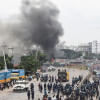
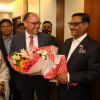
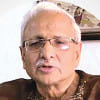
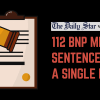


Comments